Whether we like it or not, fall’s chilly temperatures are slowly creeping up on us. Soon we’ll have to say au revoir to the barbecue and little public markets and say a big hello to the slowcooker and comfort food. It’s also the time when fresh products are more expensive. So what are we supposed to do to get the most out of our favourite veggies? Just leave them behind? Of course not! We’ve got to find economical and delicious solutions!
In this article, we’ll try to demystify frozen veggies to help you to get them under control for the cold season. Just know that eating frozen veggies isn’t bad for you. It’s actually a smart way to prepare meals more quickly as we get back into the swing of things.
In addition to giving you good reasons to integrate them into your meals, we’ll give you advice on how to cook them. You’ll see – frozen veggies will be your best friend on hectic nights!
True or false: 10 things we hear about frozen vegetables
They’re fast, colourful, cut, mixed… but what do you really know about frozen vegetables? Let’s find out.
1 – Frozen vegetables are less nutritious than fresh vegetables
FALSE. This is a long-held misconception among consumers, but contrary to what many people think, frozen vegetables actually have a good nutritional profile, sometimes even better than fresh. Huh?
First of all, vegetables are harvested when mature at the moment when they’re bursting with freshness, taste, colour and nutrients. Then, they’re plucked, washed, blanched and frozen very soon after harvesting. This rigorous process preserves all of the vegetable’s virtues while stopping its degradation.
When off season, frozen veggies often provide better nutritional quality than fresh. In fact, the various stages of the process – from harvesting, transportation, shelving and your grocery cart – occurs over several days, if not weeks. During this time, fresh foods can lose close to half of their vitamins and minerals.
If we want to take full advantage of vegetables’ benefits, we have to go for local and in-season products. Did you know that sweet peas lose half of their vitamin C in only two days! Not only that, but according to one study, frozen green beans contain more than twice the vitamin C that fresh green beans do. So there are just a few reasons to get to the frozen food aisle!
2 – Frozen veggies are more expensive than fresh
FALSE. That depends on the season. In the summer, you can find fresh veggies at reasonable prices – but it’s a little more complicated than that in winter… The price of fresh food skyrockets. That’s why frozen vegetables can be a sensible choice as much for your budget as for your health.
Unlike fresh, the price of frozen vegetables don’t fluctuate. They remain stable all-year long.
When buying fresh vegetables, also consider the fact that you don’t eat the whole thing, but that you’re paying for it. Actually, as soon as fresh vegetables are trimmed, cleaned and peeled, their weight is greatly reduced. On the other hand, if you buy a kilo of frozen vegetables, you’ll consume a kilo of frozen vegetables.
3 – Frozen vegetables can be kept longer than fresh vegetables
TRUE. You can keep your bag of frozen veggies in the freezer for three months, but for maximum freshness, we suggest you eat them within the three weeks after purchase.
On the other hand, fresh vegetables don’t have a very long lifespan. As soon as they’re harvested, they immediately start losing their vitamins and minerals. You have to eat them during the week to benefit from all of their nutritional value. So we can say that fresh vegetables at the grocery store aren’t necessarily as fresh if we calculate the time in transport and storage.
And continuing on that line of thought, which veggie do you think lasts the longest? It’s the potato which can be stored up to six months in a cool, dark and dry place without losing its qualities.
4 – Frozen vegetables taste like the freezer
FALSE. It’s all in how food is used. It’s better to consume frozen vegetables in the first three weeks after purchase to preserve taste, texture and nutritional value. You also have to make sure to reseal the bag properly once it’s been opened.
To check if veggies have kept their taste and texture, we suggest touching the product. If it’s formed into a block shape, that’s a bad sign because that means that the vegetables have started dehydrating and will probably taste like the freezer.
On the other hand, also pay attention to the cooking method of your frozen veggies. Whether it’s on the stove top, in the microwave, steamed or on the bbq, they have to be pampered a little before eating.
According to Bonduelle nutritionist Jean-Yves Favard, there are three essential elements when cooking frozen vegetables:
- Green vegetables like green beans and broccoli must be cooked in a pot of boiling water uncovered.
- It’s better to steam than boil to preserve vitamin B9.
- To keep the most vitamins, frozen vegetables must be cooked al dente. Avoid overcooking.
We also recommend starting with the largest veggies to get even cooking. In fact, steaming or stir-frying are our preferred methods because they’re quick and don’t come into contact with water!
Also, why not integrate frozen veggies into recipes to take advantage of their full flavour? Add spices or put them in sauces, dressings or stocks to enhance their taste.
5 – Frozen vegetables can help make better food choices
TRUE. One of the advantages of frozen vegetables is that they provide complete information on nutritional values, as well as show the ingredients used. This helps us make informed choices.
6 – Frozen vegetables allow us meet our nutritional needs easily
TRUE. It’s easy to meet our needs with frozen fruits and vegetables and one of the best ways is to vary them. What do you do if you can’t always get them fresh? Sometimes it’s because of the cost, availability, preferences or quality. Just know that you can rely on frozen vegetables that are also good for you.
As well as stir-fries, frozen vegetables make great side dishes and are also fantastic in soups, quiches, pastas, chilis, pies, smoothies, etc.
Actually, a basic bag of frozen veggies should always be part of your kitchen basics. This way, you’ll always have a reason to eat your vegetables at every meal.
7 – Frozen veggies need little preparation
TRUE. Frozen veggies are always ready to be cooked on the fly. No need to wash, peel and cut, so they’ll save you time – and a commodity like this helps busy families not sacrifice their health. Meals are fast, balanced and made from nutritional ingredients.
Easy resealable bags let you control your portion sizes. In the era of food waste, it’s a nice solution for families looking to easily measure food.
8 – Frozen veggies are perfect to incorporate into recipes
TRUE. For those who still hesitate to incorporate frozen veggies into their meals, you should know that it’s possible to do so for all, if not most recipes. If you’re worried about taste and texture, you’ll be pleasantly surprised! Here are our top 5 recipes using frozen vegetables:
Spaghetti with vegetables
Slowcooker beef stew with vegetables
Mexican Salmon Pot Pie
Banana vegetable bread
Chick pea and broccoli salad
9 – Frozen vegetabales are part of the Canadian Food Guide
TRUE. The Canadian Food Guide recommends choosing the most natural food as possible, meaning food without sauces, salt or any other additives. That’s why it’s important to check the list of ingredients carefully.
Whether fresh, canned or frozen, all varieties of vegetables are healthy choices. One serving of your favourite frozen veggies is equivalent to½ cup or 125 ml.
10 – Frozen vegetables are of inferior quality
FALSE. There are many harvesting methods specific to the transformation of vegetables. Seeds must be carefully selected in order to provide the most flavourful crops. The way vegetables are harvested is also different from fresh are they are picked when fully mature. The vegetables that you find in your bags are of a very good category and proudly harvested by our Canadian producers.
To meet the recommended number of servings, choose a combination of fresh and frozen vegetables. Depending on the dish being cooked, season, cost, your tastes and product availability, there are veggie solutions for everything! Just remember that frozen vegetables aren’t bad. They remain a sensible, economical, smart, practical and quick choice! Whatever the option, nutritional benefits are definitely included!
How you do prefer to eat frozen veggies?


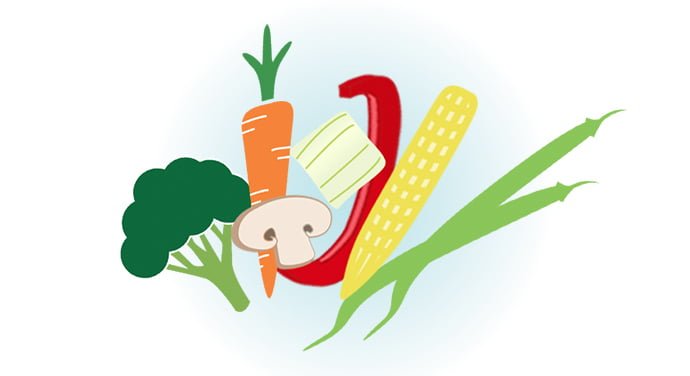
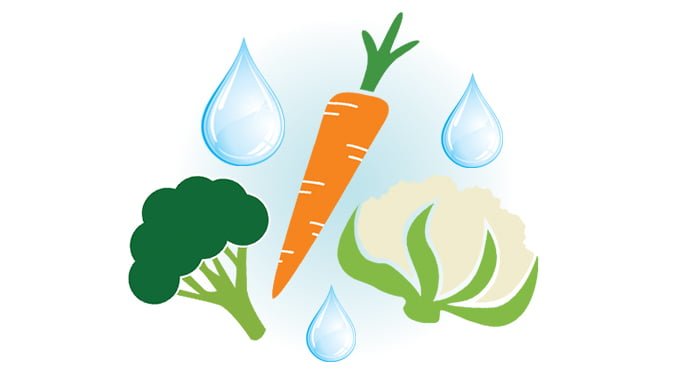
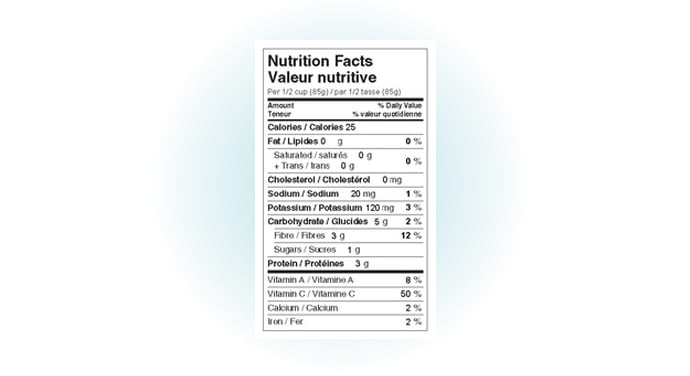
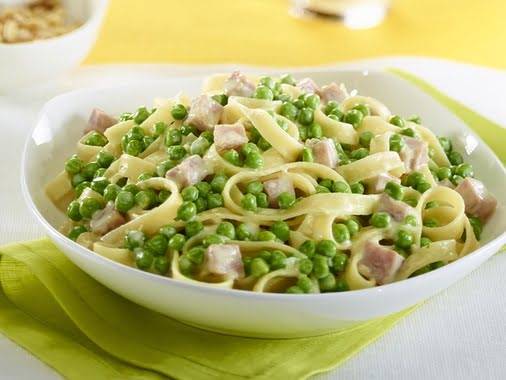
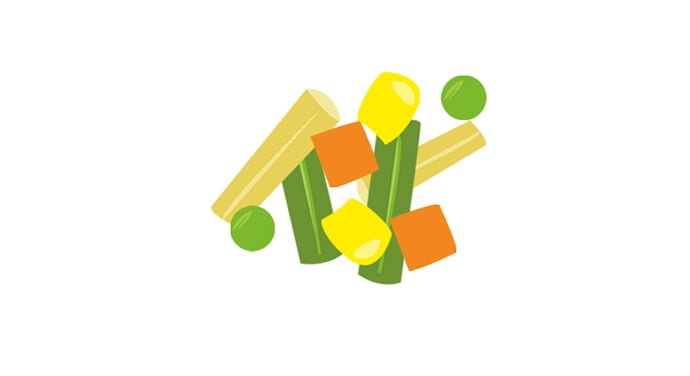
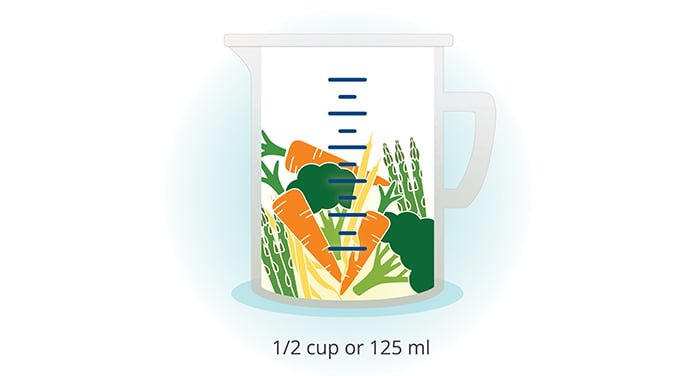
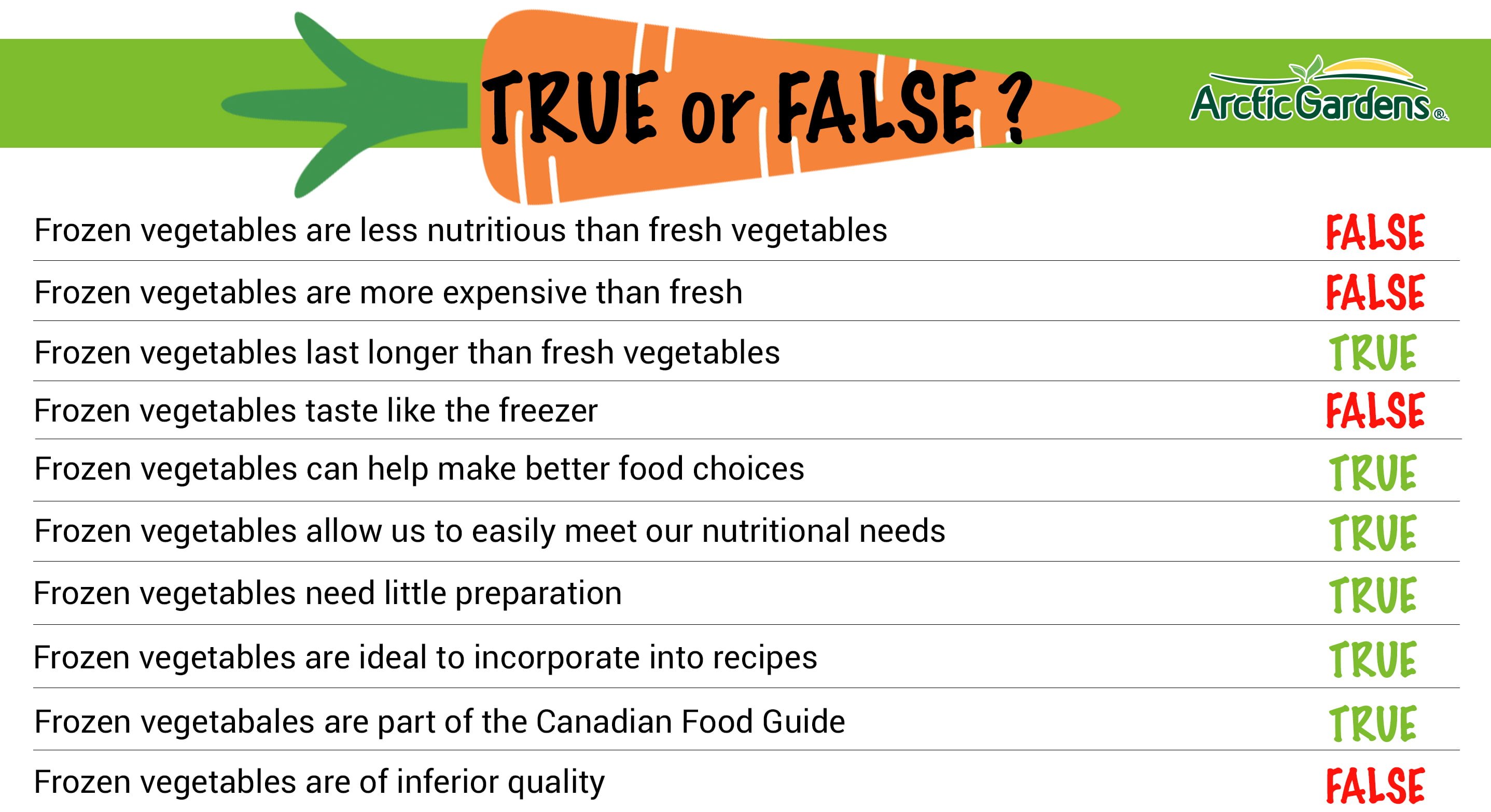
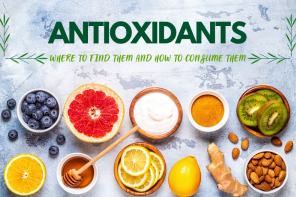


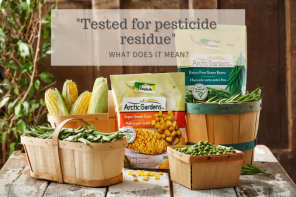



I’d like to retain the firmness in my frozen Pole Beans, and at the same time be able to season with traditional seasoning methods. i.e., bacon, ham hock, etc., Explain how to do this with out loosing
firmness. Cooked from frozen yesterday, however I was not successful. Seems simple. What and how should I cook and season?
Hello Jerry! To maintain the flavor and texture of your pole beans, it is best to use steam cooking. However, you can certainly bake your beans directly in the pan for example with your favorite seasoning. To keep the firmness of the vegetable as much as possible, care must be taken not to cook it more than al dente. We recommand to avoid excessive cooking (see packaging for recommended cooking time ). For additional information, go to the cooking tips section on our website. I hope this answer your questioning! Here’s some recipe ideas with pole beans:
– Vegetable cocktail with lemon & basil
– Bean and carrot chorizo skillet
– Pork & curry garden harvest skillet
Have a good day!